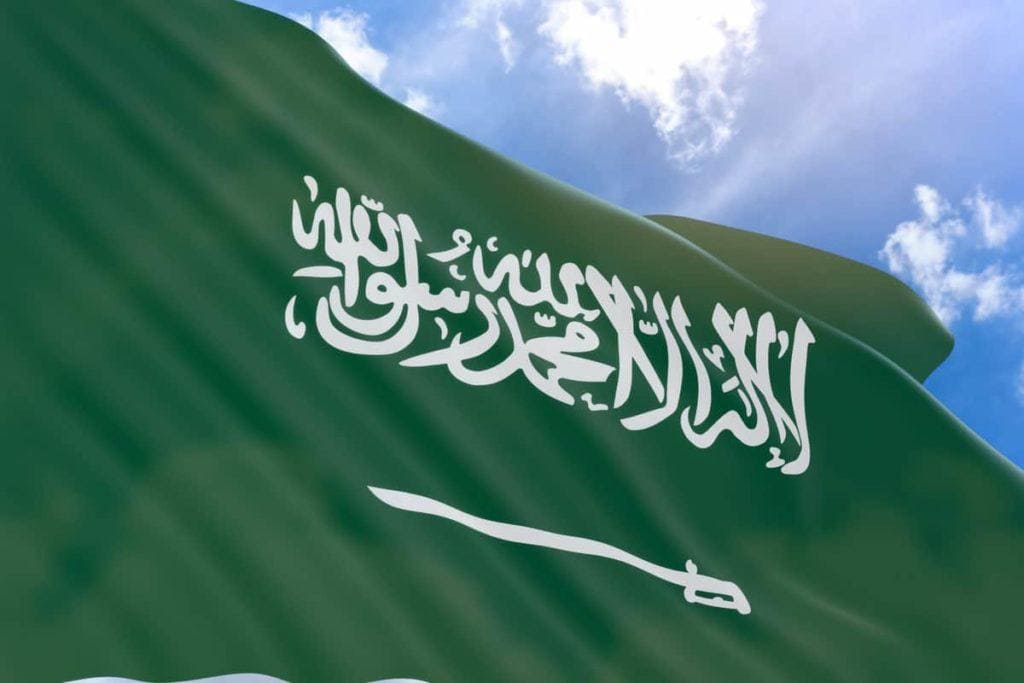Cutting Off Saudi Arabia Would Only Embolden its Worst Impulses

3D rendering of Saudi Arabia flag waving on blue sky background, Saudi National Day is celebrated in Saudi Arabia on every 23 September
2021 Outlook Assessment
Originally published by National Interest
As Joe Biden and French President Emmanuel Macron face pressure to terminate dialogue with Cairo and Riyadh, maintaining regional stability must be prioritized.
On December 7, French President Emmanuel Macron and his Egyptian counterpart met in Paris to discuss defense and economic cooperation amid calls to cease ties due to human rights violations. Macron defended his position not to condition cooperation and trade on human rights and added that he believes “it is more effective to have a policy of dialogue than a policy of boycott, which would reduce the effectiveness of one of our partners in the fight against terrorism and for regional stability.” Macron was referring to Egypt’s crucial role in countering terrorists in northern Sinai and backing Libyan warlord General Khalifa Haftar.
- America’s Supercarriers Are Back in Force in the Pacific - December 30, 2025
- Israel’s $2 Iron Beam Laser Could Disrupt Missile Warfare - December 23, 2025
- US Stands Up New Drone Strike Force in the Middle East - December 9, 2025
